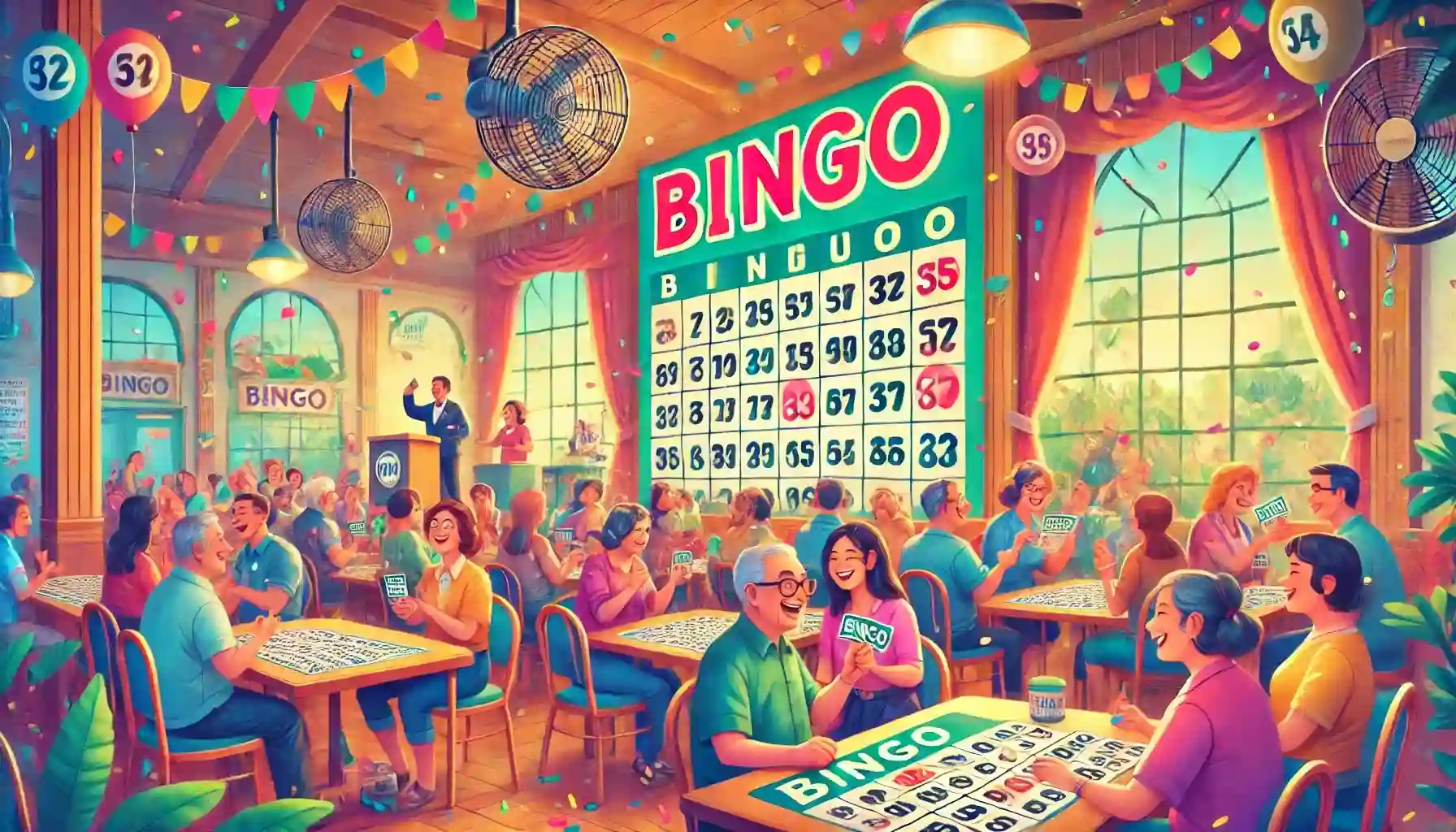Bingo has a long-standing tradition in the Philippines and is one of the most popular social games enjoyed by people of all ages. Known for its simplicity and community-centered gameplay, bingo is played widely in the country, from organized gaming halls to informal community gatherings and online platforms.
What is Bingo?
Bingo is a game of chance where players mark off numbers on a card as they’re randomly called out. The first player to achieve a winning pattern shouts “Bingo!” and wins the round. Traditionally, bingo is played in community centers, bingo halls, and increasingly online, providing a range of ways to enjoy the game.
The History of Bingo
Bingo originated in 16th-century Italy as a lottery-style game called “Il Gioco del Lotto d’Italia,” which later spread to France, the UK, and eventually the United States by the early 20th century. In the 1920s, the modern version of the game was developed by Edwin S. Lowe, an American toy salesman who introduced it as “Bingo,” basing its mechanics on an earlier game called “Beano.” Bingo spread globally, and its easy-to-learn rules and social nature helped it become a beloved pastime, especially in the Philippines.
In the Philippines, bingo became popular in the mid-20th century. Bingo halls began to appear in larger cities, and the game was also played in community settings, particularly during fiestas and other local events. Today, it’s accessible both offline and online, where many providers offer free games or real-money options.
How to Play Bingo
- Understanding the Bingo Card:
– Each player receives a bingo card with a 5×5 grid of numbers. In the classic 75-ball bingo game, each column has a specific set of numbers (e.g., “B” column has numbers 1-15, “I” has 16-30, etc.).
– The center space is a “free” square, which can help players achieve a winning pattern. - The Game Begins:
– A caller announces numbers randomly drawn from a set of balls numbered 1-75 (in 75-ball bingo) or 1-90 (in 90-ball bingo, more popular in other regions). Players mark these numbers on their cards if they appear. - Patterns and Winning:
– The objective is to complete a winning pattern on your card, which could be a line (horizontal, vertical, or diagonal), four corners, or a full card (coverall).
– Different games may have unique winning patterns, which are usually announced before the game starts. - Shouting “Bingo!”:
– Once you achieve the winning pattern, you shout “Bingo!” to stop the game and claim your prize. Your card is checked for accuracy, and if verified, you’re declared the winner.
– Prizes vary by game and can include cash, vouchers, or other rewards.
Why People Love Bingo in the Philippines
- Social Engagement: Bingo is highly social, creating a sense of community as players chat and compete.
- Ease of Play: The rules are simple, making it easy for anyone to participate, regardless of experience.
- Excitement and Thrills: Players enjoy the anticipation of each number call and the chance of a win.
- Cultural Popularity: Bingo is often played in community events, religious gatherings, and charity fundraisers, making it a part of Filipino culture.
- Affordable Fun: Compared to other gambling games, bingo is affordable, and many games are even free or low-stakes.
Legal Status of Bingo in the Philippines
Bingo is legal in the Philippines, both in physical venues and online. The game is regulated by the Philippine Amusement and Gaming Corporation (PAGCOR), which ensures that bingo halls operate fairly and adhere to government rules. PAGCOR also issues licenses to online bingo providers, allowing them to operate within the country. This regulation has made bingo a trusted, safe gaming option for Filipino players.
Where to Play Bingo in the Philippines
The Philippines offers several options for both free and deposit-required bingo games:
Physical Bingo Halls:
- Many malls, hotels, and community centers have licensed bingo halls regulated by PAGCOR, offering a safe and regulated environment for play.
Online Providers:
1. Bet88

Offers both free and deposit-based bingo games with a variety of bingo formats like 75-ball and 90-ball games.
- Free Bingo: Bet88 offers limited-time free bingo sessions, which is ideal for beginners wanting to try the game.
- Deposit-Based Bingo: Players can choose from multiple bingo rooms with varying stakes, increasing chances to win larger prizes.
2. PAGCOR e-Games Cafes
PAGCOR operates e-Games cafes where players can access bingo and other online casino games in a regulated environment.
3. Other Online Platforms:
Some online providers based in the Philippines, licensed by PAGCOR, offer both free games and deposit-required bingo. Examples include Bingo Bonanza and other local platforms that offer real-time bingo games and social gaming options.
Popular Bingo Variants in the Philippines
- 75-Ball Bingo: Common in physical and online venues, this variant includes 75 numbers with a variety of winning patterns.
- 90-Ball Bingo: Known for its simplicity, 90-ball bingo is especially popular online.
- Pattern Bingo: This version requires players to complete a specific pattern, such as shapes or letters, for a win.
Tips for Playing Bingo
- Play Multiple Cards: Some players increase their odds by playing multiple cards in a single game.
- Choose Games with Fewer Players: Smaller games increase your chances of winning, especially during non-peak hours.
- Take Advantage of Free Games: Many online providers offer free games, allowing you to enjoy bingo without financial risk.
- Look for Bonuses: Some providers, including Bet88, offer bonuses or incentives that give you more playtime and enhance your chances.
Bingo in the Philippines is not only a fun game but a beloved tradition with a rich history, social benefits, and accessible options for all kinds of players. With both online and physical venues widely available, players can enjoy the thrill of bingo legally and safely. Regulated by PAGCOR, the game continues to grow in popularity, with modern options for those who love the classic game of chance.











